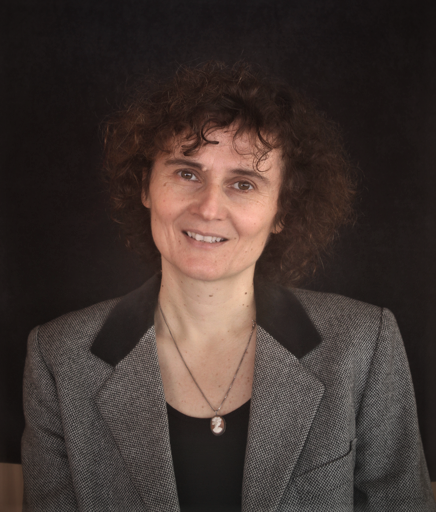
SCSB Colloquium Series – The Burden of Wake and the Reasons for Sleep
Description
Date: Wednesday, October 14, 2020
Location: Zoom Webinar – Registration Required
Register in advance for this webinar: click here
* After registering, you will receive a confirmation email containing information on how to join the webinar.
Speaker: Chiara Cirelli, M.D., Ph.D.
Affiliation: Professor, Department of Psychiatry, University of Wisconsin-Madison
Host: Dr. Dara Manoach
Talk title: The Burden of Wake and the Reasons for Sleep
Abstract: Sleep is universal, tightly regulated, and loss of sleep impairs cognitive functions. But why? Any hypothesis about the essential function of sleep must take into account that when asleep we are dangerously disconnected from the environment, suggesting that sensory disconnection must be central to a core function of sleep. Otherwise, natural selection would likely have found a way to perform the same function while awake.
Over the past 20 years, we have developed and tested a comprehensive hypothesis about the core function of sleep: The Synaptic Homeostasis Hypothesis (SHY). SHY states that sleep is the price we pay for brain plasticity. During wakefulness, the excitatory synapses that allow neurons to communicate with each other undergo net potentiation as a result of learning, an ongoing process that happens all the time while we are awake, constantly adapting to an ever-changing environment. The plasticity of the brain is essential for survival but is also a costly process, because stronger synapses increase the demand for energy and cellular supplies, lead to decreases in signal-to-noise ratios, and saturate the ability to learn. According to SHY, while our brain is off-line during sleep, neural circuits are reactivated to renormalize synaptic strength. This renormalization favors memory consolidation, the integration of new with old memories, and smart forgetting, providing a solution to the stability-plasticity dilemma faced by the brain. Just as crucially, synaptic renormalization during sleep restores the homeostasis of energy and cellular supplies, including many proteins and lipids that are part of the synapses, with beneficial effects both at the systems level and at the cellular level.
I will discuss the rationale underlying SHY and summarize electrophysiological, molecular and ultrastructural studies in flies, rodents and humans that confirm its main predictions.
____________________________
Short Bio
Chiara Cirelli received her medical degree and Ph.D. in Neuroscience from the University of Pisa, Italy, where she investigated the role of the noradrenergic system in sleep regulation. She continued this work as Fellow in experimental neuroscience at the Neuroscience Institute in San Diego, California, and since 2001 at the University of Wisconsin – Madison, where she is currently Professor at the Department of Psychiatry. Her laboratory aims at understanding the function of sleep and clarifying the functional consequences of sleep loss. Her team identified neuronal and glial genes whose expression changes due to sleep and sleep loss, suggesting specific cellular processes that are favored by sleep and impaired by sleep deprivation. Using large-scale mutagenesis screening in Drosophila, they also identified the first extreme short sleeper mutant. With Dr. Giulio Tononi, Dr. Cirelli has developed the synaptic homeostasis hypothesis, according to which sleep is needed for synaptic renormalization, to counterbalance the net increase of synaptic strength due to wake plasticity. Over the years Dr. Cirelli has been testing this hypothesis with an array of methodologies, including serial block face electron microscopy. She recently used this technique to show how cortical synapses grow during waking and shrink during sleep. Dr. Cirelli has published over 140 papers on sleep and is Associate Editor of SLEEP. With Dr. Giulio Tononi, she received the 2017 Farrell Prize in Sleep Medicine from Harvard Medical School. In 2018, she was awarded the Outstanding Scientific Achievement Award from the Sleep Research Society.

